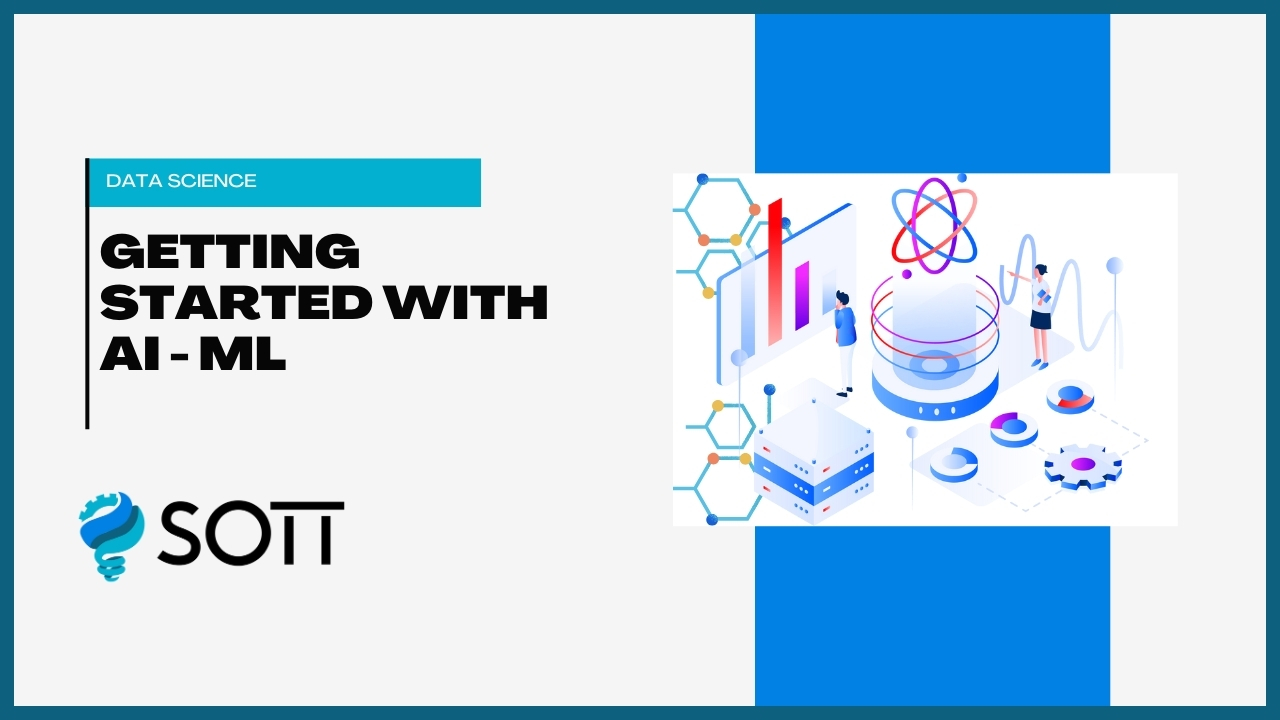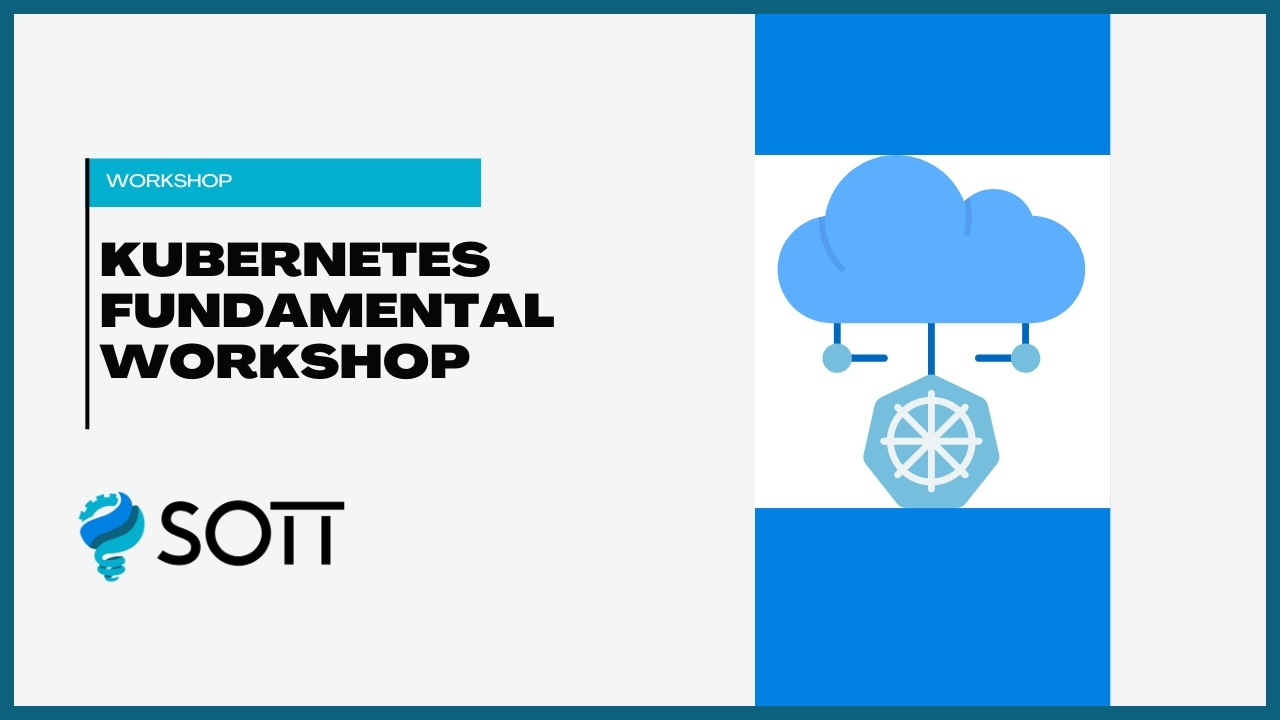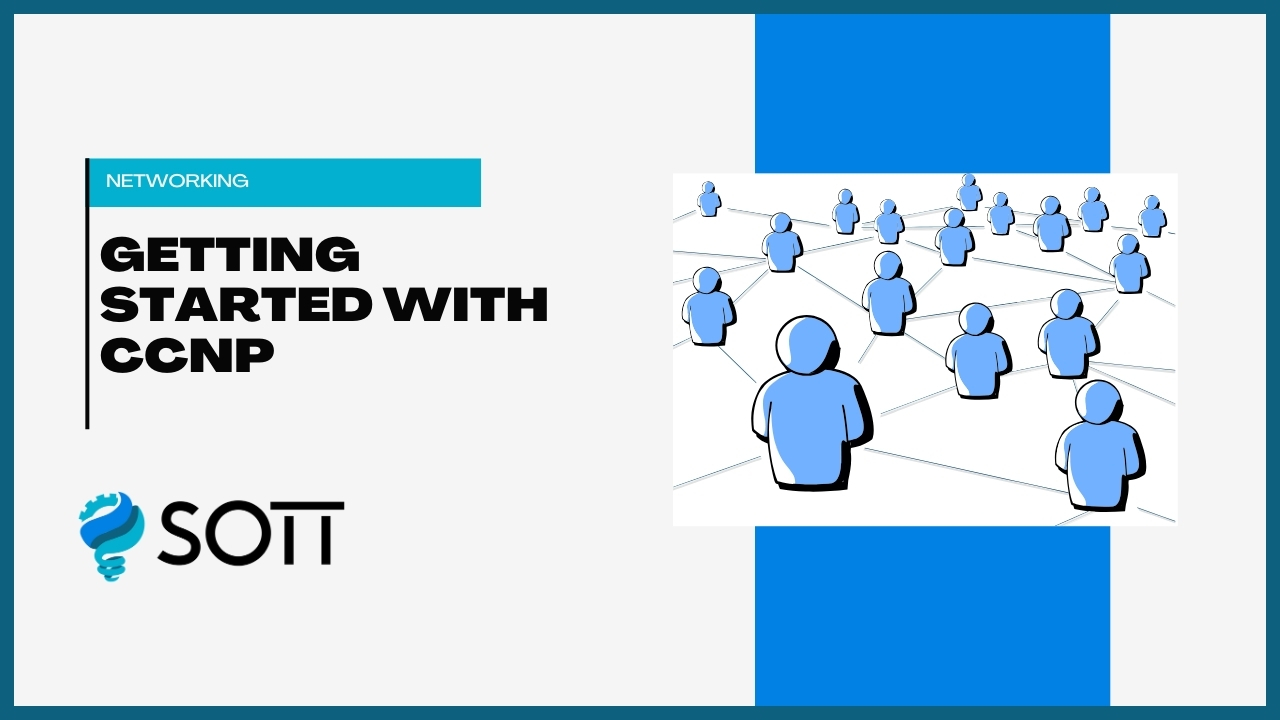Lesson 1: Introduction to AI and ML
-
What is Artificial Intelligence? - Definition, Key Goals, Real-world Applications
-
What is Machine Learning? - Definition, Types of ML: Supervised, Unsupervised, Reinforcement, Importance in AI
-
Differences Between AI, ML, and Deep Learning - Core Concepts, Use Cases for Each
Lesson 2: Mathematics for AI and ML
-
Linear Algebra Basics - Vectors and Matrices, Matrix Multiplication, Eigenvalues and Eigenvectors
-
Probability and Statistics - Bayes Theorem, Distributions (Normal, Poisson), Hypothesis Testing
-
Calculus for ML - Gradients, Partial Derivatives
Lesson 3: ML Workflow
-
Problem Definition - Understanding Business Goals, Framing as a Predictive Problem
-
Data Collection and Preparation - Data Sources and APIs, Data Cleaning Techniques, Handling Missing Values
-
Model Building and Deployment - Training and Testing, Hyperparameter Tuning, Deploying Models
Lesson 1: Supervised Learning
-
Regression Techniques - Linear Regression, Polynomial Regression, Evaluation Metrics (RMSE, R²)
-
Classification Techniques - Logistic Regression, Decision Trees, Evaluation Metrics (Accuracy, Precision, Recall, F1-Score)
Lesson 2: Unsupervised Learning
-
Clustering Techniques - K-Means, Hierarchical Clustering, Applications
-
Dimensionality Reduction - Principal Component Analysis (PCA), t-SNE
Lesson 3: Ensemble Learning
- Bagging Methods - Random Forest, Bootstrapping
-
Boosting Methods - Gradient Boosting, XGBoost, LightGBM
Lesson 1: Introduction to Deep Learning
- What is Deep Learning? - Neural Networks Overview, Key Applications
-
Building Blocks of Neural Networks - Perceptrons, Activation Functions, Loss Functions
Lesson 2: Convolutional Neural Networks (CNNs)
- CNN Architecture - Convolution Layers, Pooling Layers, Fully Connected Layers
-
Applications of CNNs - Image Classification, Object Detection
Lesson 3: Natural Language Processing (NLP)
- NLP Basics - Tokenization and Preprocessing, Word Embeddings (Word2Vec, GloVe)
-
Advanced NLP Techniques - Transformers, BERT and GPT Models
Lesson 4: Reinforcement Learning (RL)
- RL Basics - Agents and Environments, Rewards and Policies
-
Popular RL Algorithms - Q-Learning, Deep Q-Networks (DQN)
Lesson 1: Model Deployment
- Deployment Techniques - Flask/Django for Web Apps, Cloud Services (AWS, GCP, Azure)
-
Monitoring and Scaling - Performance Metrics, Handling High Traffic
Lesson 2: Ethics and Bias in AI
-
Ethical Considerations - Bias in AI, Transparency and Explainability
-
Best Practices - Ensuring Fairness, Accountability

- CategoryData Science
- LevelExpert
- Duration3 Months
- Available SeatsUnlimited
Course Key Highlights
Real-Time Experts
Learn from industry experts with real-time experience.
Placement Support
Get assistance in securing your dream job with our dedicated placement support.
Live Project
Work on live projects to gain hands-on experience.
Certified Professional
Become a certified professional with industry-recognized certification.
Affordable Fees
Get the best quality education at affordable fees.
Flexibility To Assist
Flexible learning options to assist you in every way possible.
No Cost EMI
Pay your course fees in easy installments with no cost EMI.
Free Soft Skills
Develop essential soft skills along with technical knowledge.
Popular Questions to Ask Before Choosing a Course
SOTT courses include comprehensive video lessons, hands-on projects, downloadable resources, and live mentorship sessions. Our curriculum is designed to provide you with all the tools you need to succeed in your chosen field.
No, SOTT courses are designed to be flexible. You can start learning whenever it suits you best, and you have lifetime access to the course materials to learn at your own pace.
To take a SOTT course, simply enroll in the course of your choice, and you will have access to all the lessons, resources, and mentorship opportunities available. You can learn from any device, at any time.
Yes, upon completing a SOTT course, you will receive a certificate of completion, which you can share with your network and use to showcase your newly acquired skills to potential employers.
If you need help, you can reach out to our support team or connect with your course mentor for guidance. We are here to ensure you have the best learning experience possible.




